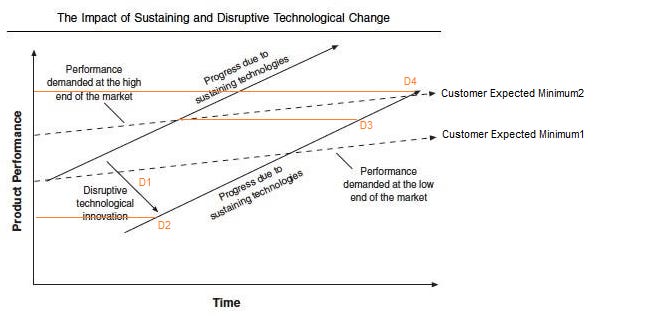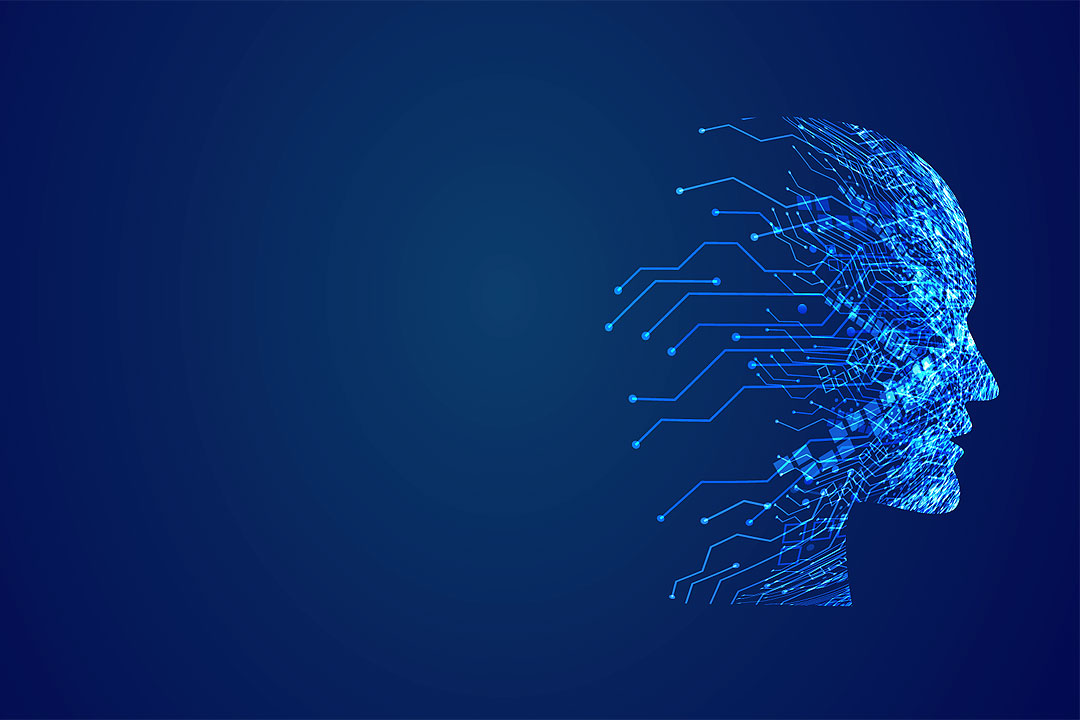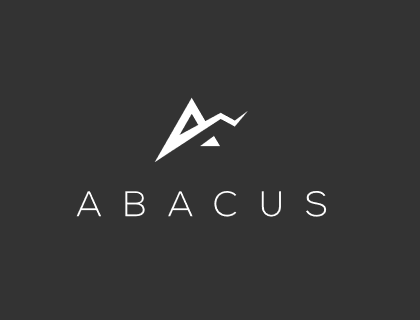The convenience economy was all the rage while studying marketing during my Business degree. While I still maintain that degree was useless for it’s promised intended purpose, the access to information about trends from ‘superiors’ was not. The convenience economy was drilled into us as a Mega-Trend during the early 2010’s along with others, such as big data.
These two trends turned out to be correct. Convenience economy technologies shaped the 2010’s. Uber, Netflix, Tinder, and a myriad of others disrupted and changed the way we complete particular tasks. The hallmark of the Convenience Economies product success is making tasks easier than before, of which some of those tasks are easier than others. Regardless, the desire for comfort, easy access, coupled with the low financial cost*, (note there are other costs with using these applications which can be ranted on for a sufficiently long time) meant extremely quick user adoption. Compound these factors with a wide breadth of possible users, and a new easier way to access those users through now fast speed internet, you have a recipe for success.
So what is the different between the convenience economy and the auto-piloting economy, and where is the inflection point?
The inflection point, I believe* has already been hit. Note the use of the word ‘believe’ here as i am not technically proficient, and will not pretend to be. So ‘think’ would be disingenuous. There are enough people, qualified, and Chatgpt qualified, to inform this un-thinking un-substantiated assumption. There is enough matter on this subject.
Ironically, the difference between the convenience economy and the auto-piloting economy is exactly as discussed above. Instead of comfort being substituted, it will be the process of thinking and decision making. Algorithms do exactly that after-all. They are software mapped heuristics made to complete tasks, basic or complex. Corroborating information, investigating and making a decision is both time and energy consuming. This is the next evolution of the Convenience Economy, the delegating of thinking and decision making to somebody, or something else.
Quoting Christianson's Innovator's Dilemma, we are only at the cusp of a technological evolution, (D2 and moving upwards along the curve) which is moving rapidly. This basic framework is a great way of thinking about how the business offering from this new innovative technology.

The user interface is a large part of consumer adoption (Tinder’s swipe right, swipe left feature-set a great reference of genius here) A greater depth of understanding of the user will allow for shorter User Interface experiences. Less clicks per minute is the name of the game. Instead of going into a food ordering application, scrolling through what you want, ordering drinks from here, and food from there… all so labor intensive on your poor thumbs while sitting on the couch, The convenience economy sucks! Instead, it will be a press of 1 - 3 buttons. Why do all that hard thinking after a big day? The interconnected software application will do it for you.
From a business offering perspective, the above scenario is a win-win. The pie is expanded as there will be far less churn from users deciding they will settle for the half eaten chip-bag at the back of the draw. Optimization from the user will be needed, as preferences will change overtime.
There will be a major distinctive difference in the user-base concerning auto-piloting. These two groups are Passive and Active auto-pilots. Those who stay in the cock-pit, and understand what all the controls do, and how the controls interact with each others… and those who get given the keys to the kingdom, open a bottle of chardy, put there feet up, and tell everyone to get in on this “pump and dump”. To be a pilot, you need domain knowledge, which will be the main separator of the Active and Passive auto-pilots. There will be psychological, and generational factors which will determine user type also, which will be explored at a later time.
A real world example of Active Auto-Pilots are those writing code for bought products like Google Assistant, (see example here: https://philhawthorne.com/breaking-down-presence-detection-with-home-assistant/) Any ‘smart’ technology devices which can be customized or hacked through API’s are the infrastructure for Active Auto-Pilots. Other forms of Convenience economy will be the algorhimization of everything, where the start and the end point move to becoming one of the same. Another are those who can setup obsidian databases and automate their knowledge and organizational systems.
What’s the benefit of knowing what this Auto-Piloting Mega-Trend is?
Good question; This trend is one to look out for concerning investing along with adopting a new perspective of the world around you. This new perspective will enable new opportunities to be identified, markets to be disrupted, making lives easier for people. (who actually need it) Another benefit is self-awareness and potentially deciding to pivot into more ‘pilot’ active roles.
Social Consequences;
In particular; The virtue of discernment, and the skill of corroboration, the depth and scrutiny of research, will be replaced with quick-fix answers with some substance, but a lack of understanding on the part of the user. All of us are already guilty of this vise already, if you don’t think so, you need a reality check. My prediction is this will get far worse. There will be more specialized fields in software development, and more specialized developers (don’t have to really think to get this).
One of my favorite fantasy novels which my father introduced me is Dune. Frank Herbert was an actual genius. There is a quote from the prequel which stands out to me “Thou shalt not make a computer in the likeness of the human mind” Caution is advised. If there was anything to learn about technology innovations over the last ten years, it is that there will be unforeseen consequences to society. Lower general knowledge, lower problem solving skills, and many other skill-sets and moral dilemmas, erosion of trust ect.
Regardless, The Hallmark of business’s who will succeed and fail in the Auto-Piloting Economy will be those who can identify tasks which nobody wants to think about, which can be completed in a comfortable way. After all, Auto-piloting is a natural extension of the Convenience economy.



